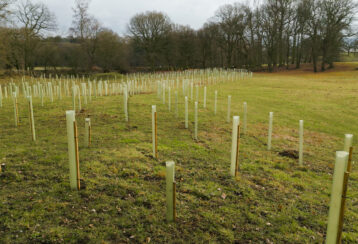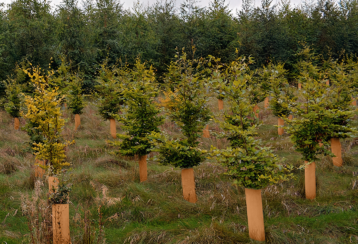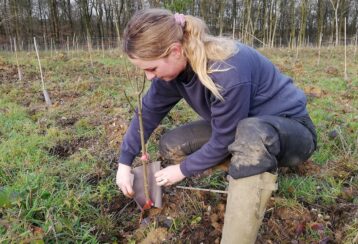A series of new community woodlands have been established across County Durham by planting contractor Microsite. Roughly 24,000 mixed native trees and shrubs were planted across nine sites in 2023, which also saw the involvement of local schools and volunteers.
Initiated by Durham County Council, the project aims to create new woodlands to improve local communities’ access to nature and provide spaces for outdoor activities and educational services. Funding was facilitated in part by the North East Community Forest and Forestry Commission in England.
Established in 2017, Microsite specialises in establishing and managing woodlands and forest ecosystems in the North of England alongside urban planting, including providing Biodiversity net gain and social and environmental solutions for stakeholders.
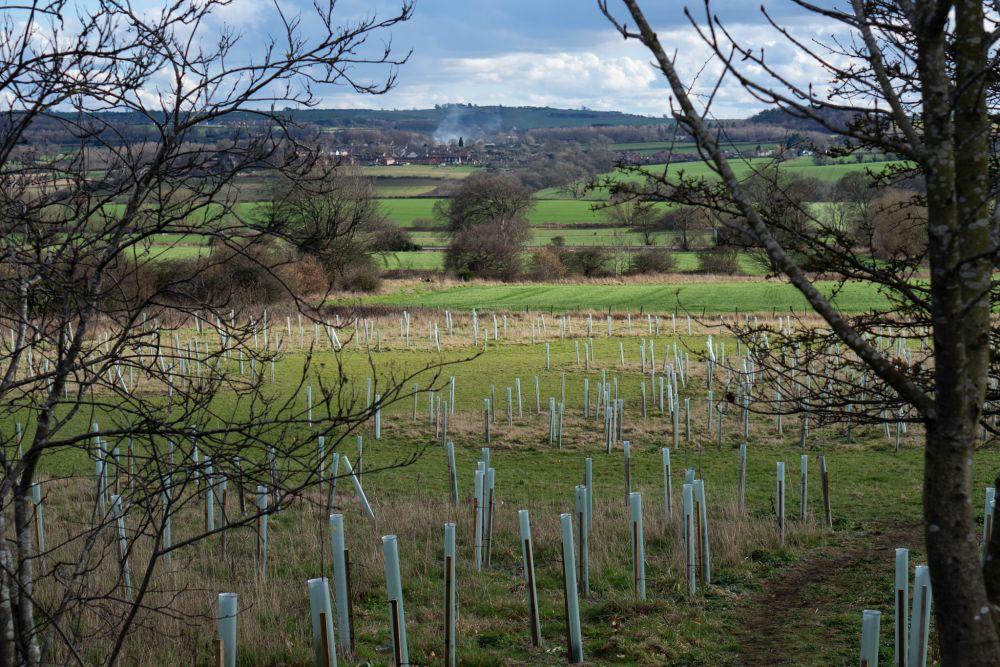
Community engagement is also a significant focus for the company, which provides a range of educational and volunteer events for schools, businesses, and local authorities.
Speaking on the County Durham community woodlands project, Founder and contracts/operations manager at Microsite, Peter Holder said: “The project is very much in line with our ethos of connecting people with their local environments which allows us to set an example to other SME’s how incorporating environmental and social value into our operations can have a direct economic benefit to our business and the wider community.’’
“Whilst we find our roots as a leading woodland creation business, community outreach is also a central part of what we do, so we were delighted to host around 800 school children, in collaboration with Outdoor and Adventure Education Service (OASES) as well as volunteers from the local community and parish councils.”
Planting across nine locations took place between February and April 2023 and comprised around three hectares of new woodland per site. Despite the community involvement, the majority of the planting work and subsequent maintenance was carried out by Microsite’s ten-strong team of permanent employees.
A mix of both biodegradable and recyclable Tubex tree shelters supplied by distributor Trees Please were used to protect the saplings.
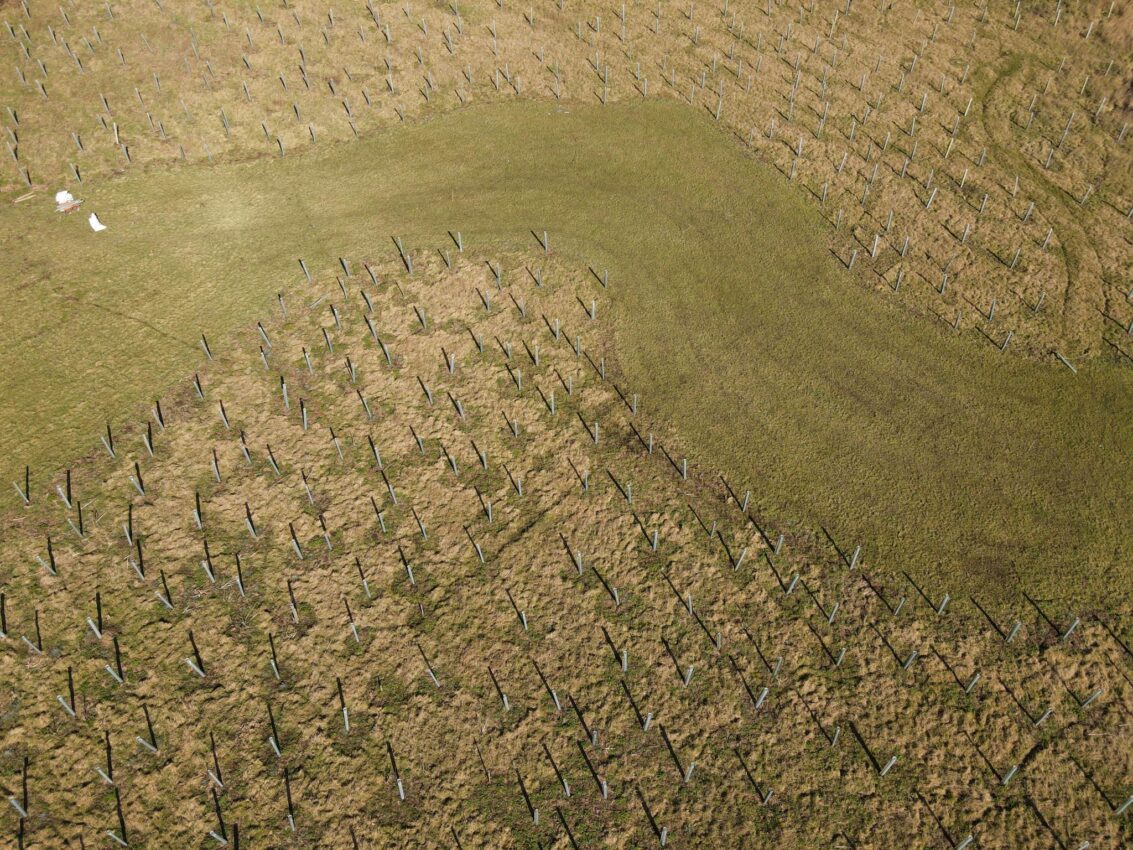
This mixed approach was down to the council’s desire to demonstrate best environmental practice for the project, choosing biodegradable shelters for the locations where collection was not feasible.
Many of the community woodlands were established on the fringes of semi-rural villages where vandalism is a recurring issue, whilst community engagement has a quantifiable reduction in vandalism, recyclable tree shelters were used on the edges of the woodland where vandalism is most likely to occur.
“Making the right sustainability choice is central to our work and often in native woodlands we don’t use tree shelters at all and just accept a certain level of failures. But of course, this isn’t always practical, when browsing pressures are significant for example,” said Peter.
“We do plan to recommend recyclable shelters for future projects and part of that is building the collection and recycling into the project plan from the start.”
For more information on Microsite, click here.
For more information on Tubex, click here.

